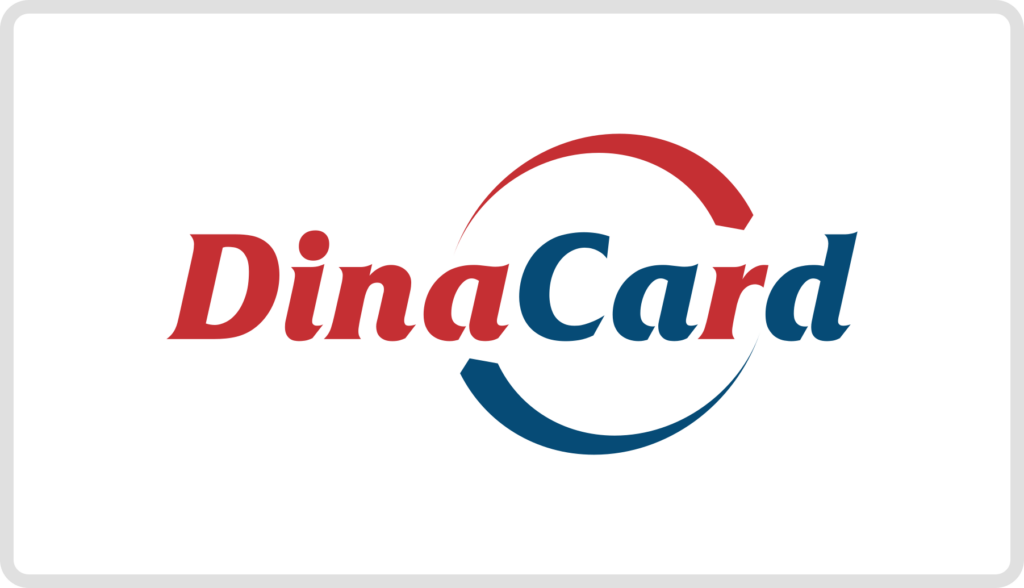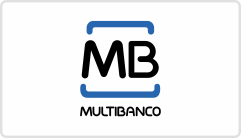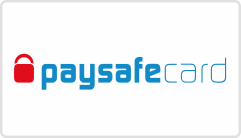10 Feb

For any business relying on e-commerce, ensuring smooth transactions is crucial. However, transaction success rates (TSR) can be hindered by various challenges. Below, we’ll explore the obstacles that often disrupt payments and how leveraging payment orchestration can enhance your TSR.

Common Obstacles to Achieving High Transaction Success Rates
- Payment Network Disruptions
Global payment networks are vital for processing transactions, but even the most reliable systems can face outages. This is particularly problematic during high-demand periods like holiday shopping or Black Friday, where even short disruptions can lead to significant losses in sales. - Fraud Detection and False Positives
While fraud prevention is essential, overly sensitive systems can mistakenly block legitimate transactions, often referred to as “false positives.” These errors can frustrate genuine customers, leading to declined payments and a lower TSR. This is a challenge, particularly in fast-paced industries such as e-commerce. - Limited Payment Method Availability
Modern consumers expect a broad selection of payment options—from traditional credit cards to digital wallets, BNPL services, and more. Businesses that don’t offer customers’ preferred methods risk losing out during checkout. This challenge grows when catering to international markets, as regional preferences like Paytm in India or Alipay in China must be taken into account. - Currency and Regional Restrictions
Global businesses may encounter payment processing limitations due to currency and regional constraints. Some payment systems cannot process transactions in specific currencies or restrict payments based on geographical location, creating barriers for cross-border sales. - High Card Decline Rates
Credit card declines can happen for various reasons, such as expired cards, insufficient funds, or technical glitches. These issues can significantly impact TSR, especially when declines are due to softer factors like location-based restrictions (e.g., a card decline when traveling abroad).
Factors Influencing Transaction Success Rates
A variety of elements affect transaction success rates, and understanding these is key to reducing failures. Here are the main contributors:
- Network Issues
Connectivity failures between payment gateways, acquirers, or issuing banks can disrupt transactions. These problems are especially likely during peak transaction periods or system downtime. If a payment gateway goes offline, all associated transactions are likely to fail. - Lack of Sufficient Funds
Insufficient funds are one of the leading causes of transaction declines. Although merchants can’t control this, high decline rates can damage customer relationships. To counter this, payment orchestration can enable smart retry options, increasing the chances of a successful transaction when funds become available. - Fraud Prevention Systems
While essential for security, fraud detection tools can sometimes block valid transactions if they’re set too strictly. These “false positives” reduce the TSR and irritate customers, especially in industries where swift transactions are crucial. - Technical Failures
Unexpected technical issues, such as server errors or system glitches, can severely disrupt payment processes, especially when there’s no backup system in place. A robust payment orchestration platform can mitigate such risks by connecting to multiple gateways, ensuring continuity even in the event of a failure. - Security Measures
Excessive security protocols, such as too many authentication steps, can create friction in the payment process and increase cart abandonment. By integrating tokenization and ensuring PCI DSS compliance, payment orchestration platforms strike the right balance between security and a smooth user experience. - Expired Payment Methods
Customers may not realize their card is expired, leading to declines, especially in subscription-based services where payments are recurring. Payment orchestration solutions can help by offering automatic updates for expired cards, ensuring seamless subscription payments.

How Payment Orchestration Improves TSR
By addressing payment disruptions, payment orchestration platforms can significantly improve TSR. Let’s look at some key strategies:
- Smart Routing
Payment orchestration platforms optimize transaction routing, sending payments to the most appropriate payment service provider (PSP) based on factors such as network availability or regional preferences. This minimizes payment failures due to geographic or technical limitations. - Intelligent Retry Mechanisms
When a transaction fails, payment orchestration platforms can automatically retry the payment, using data to determine the optimal retry time and method. This strategy is particularly helpful for resolving declines due to insufficient funds or temporary technical issues. - Advanced Fraud Detection
Overzealous fraud detection systems often mistakenly flag legitimate transactions, reducing TSR. Payment orchestration platforms help minimize this risk by using machine learning and sophisticated fraud detection tools that allow for a balanced approach—protecting customers without hindering valid transactions. - Tokenization for Enhanced Security
Tokenization replaces sensitive payment information with secure tokens, reducing fraud risk and preventing issues with expired card details. This boosts approval rates and fosters trust, ensuring a smoother payment experience for customers. - Automated Account Updates
Account updater services ensure that card details are automatically refreshed, preventing declined payments due to expired or replaced cards, which is particularly important for recurring billing scenarios. - Multi-PSP Strategy
By relying on a multi-PSP approach, businesses can dynamically select the best payment processor for each transaction. Whether optimizing for region, currency, or payment method, payment orchestration ensures the highest chance of approval, while also enabling backup systems in case of technical failures.

The Benefits of High Transaction Success Rates
Improving your TSR isn’t just about getting payments through—it brings significant advantages across several business areas:
- Increased Revenue
A higher TSR translates directly into higher revenue by recovering payments that would otherwise be lost. This is especially critical for subscription-based services where recurring revenue depends on consistent successful payments. - Enhanced Customer Satisfaction
Customers prefer a smooth, hassle-free payment experience. Improving TSR means customers can complete their purchases without interruption, leading to greater satisfaction and loyalty. - Reduced Cart Abandonment
Failed payments are a major cause of cart abandonment. By addressing payment failure causes, payment orchestration reduces drop-off rates during checkout, improving conversion rates. - Stronger Customer Trust
A reliable and secure payment system enhances customer confidence, fostering loyalty and trust. This is vital for long-term customer retention. - Competitive Edge
In an increasingly competitive e-commerce market, businesses offering seamless payment experiences are more likely to stand out. Optimizing TSR ensures you don’t lose customers due to unreliable payment processes. - Better Fraud Control
With the right fraud detection tools, businesses can balance preventing fraud and approving valid transactions, resulting in better TSR without compromising security. - Improved Relationships with Payment Providers
A high TSR signals to payment processors that your business is low-risk and well-managed, which can lead to benefits such as reduced processing fees or preferential treatment.
Why AllSecure Is the Key to Improving Your TSR
AllSecure’s payment orchestration platform is built to maximize transaction success rates. With intelligent routing, smart retries, advanced fraud detection, and multi-PSP support, AllSecure optimizes payment processing, reducing failures and improving approval rates.
By adopting AllSecure, businesses gain access to a flexible, scalable platform that enables seamless global and local payment processing, reducing operational complexity and enhancing the payment experience for customers.
Want to boost your transaction success rate and unlock greater growth potential?
Request a quote today to see how AllSecure can help you improve your payment process.





























